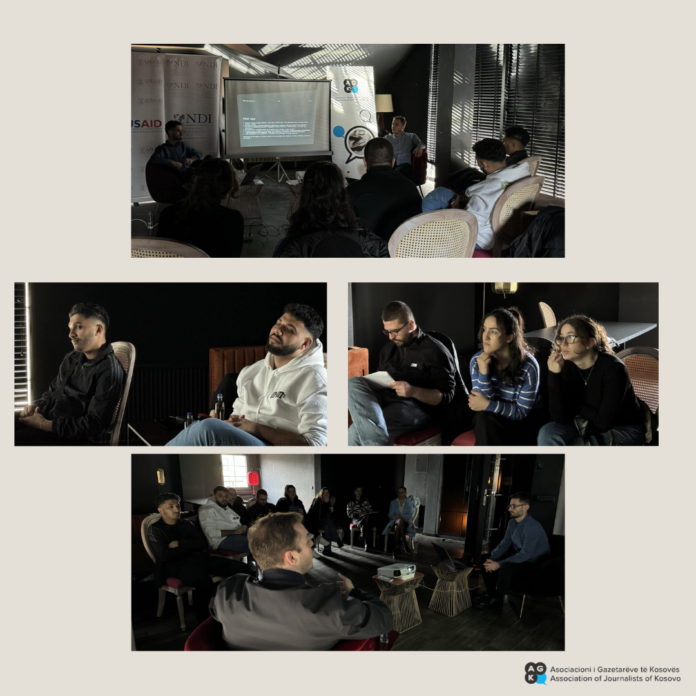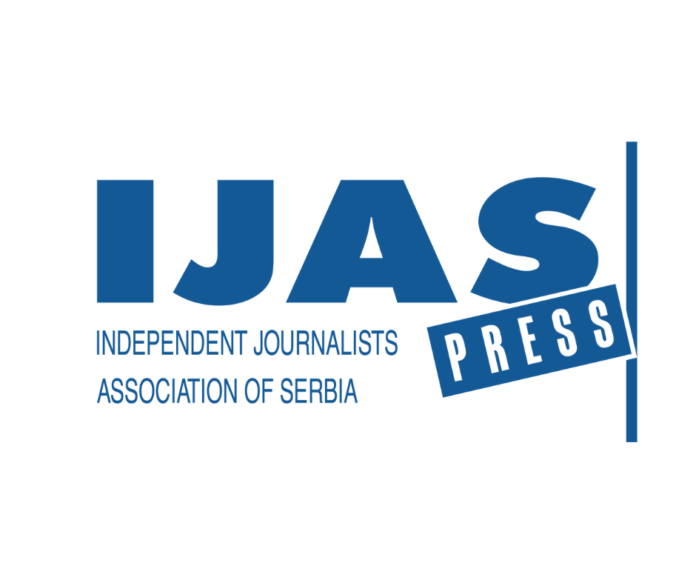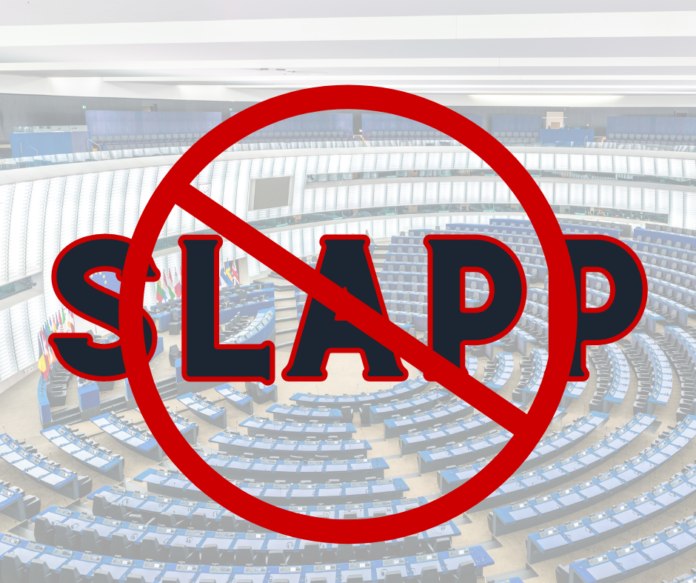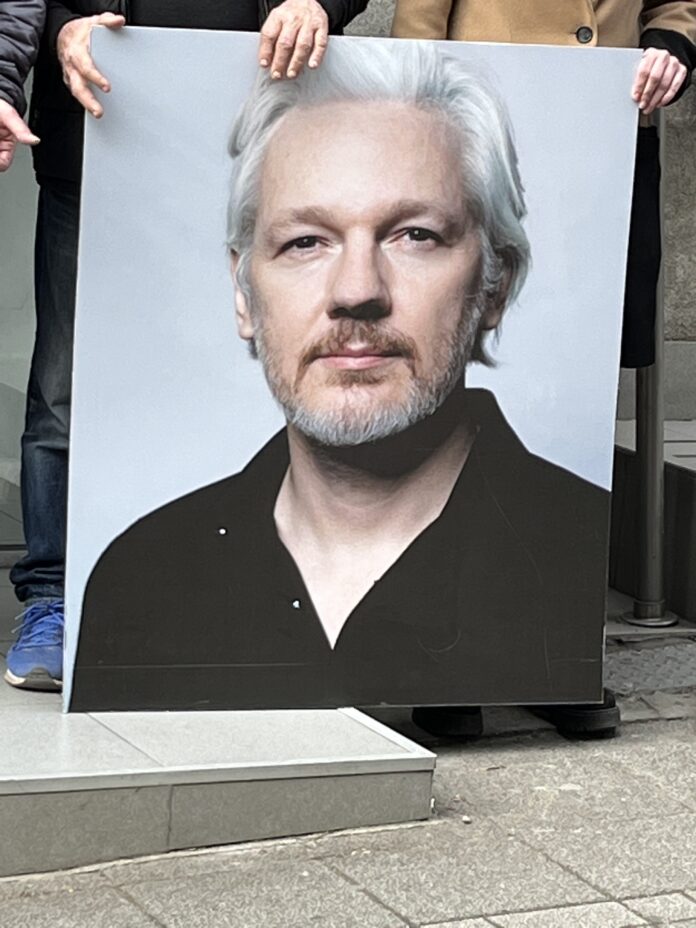The Croatian government has attempted to limit the media’s right to protect their sources and criticize courts and prosecutors, the Council of Europe states in its annual report on media freedom on the continent, adding that the working conditions of journalists in Croatia are concerning. Although the number of killed journalists and violence against them is decreasing, the pan-European organization warned in its report released on Tuesday of threats, pressures, and restrictions on journalists’ work across Europe.
The report, which spans nearly a hundred pages, was prepared in collaboration with the Platform for the Safety of Journalists, which brings together a number of journalistic organizations from Europe.
Croatia is mentioned several times in the report, with the so-called “lex AP” drawing the most attention from the authors. If the new Croatian media law is adopted, it will “force journalists to register”, prohibit them from “criticizing the work of courts and public prosecutors”, compel them to reveal their sources to their editor upon request, introduce the right to compensation for individuals whose names have been published in the media after “illegally” acquiring information, and introduce measures by a media council elected by the parliamentary majority.
“Critics warn that if adopted, this law will crush independent journalism in Croatia and shape a new era of state-controlled media, contrary to European standards,” the report states.
The document cites research from the Media Pluralism Monitor, a project co-funded by the European Union, which states that only four out of 32 analyzed European countries have good working conditions for journalists: Denmark, Germany, Ireland, and Sweden.
“The study’s results show a particularly worrying work situation in Croatia, Hungary, Montenegro, and Romania, where journalists do not have employee status and often lack adequate social protection,” the report says.
The Council also writes about “difficult times” for cartoonists in Europe, citing, among other things, the example of a lawsuit against Croatian cartoonist Nikola Plečko, better known by the pseudonym Nik Titanik, filed by former Dinamo Zagreb executive Krešimir Antolić.
In the 2024 report, the Council lists the major problems for press freedom: threats and intimidation, arrests, restrictive laws, SLAPP and other lawsuits, media takeovers, and attacks on public services. Threats from politicians and criminal organizations to the media are emphasized, sometimes resulting in physical violence.
This year, “new threats” to the profession are also mentioned, such as artificial intelligence, the influence of social media, disinformation, repression of reporting on climate change, and the political atmosphere of radicalization and polarization.
On the positive side, the Council writes that European institutions and a number of countries have shown that they understand the seriousness of the crisis and have accepted the key role of free media as public watchdogs informing citizens and calling centers of power to account.







![LM[1]](https://safejournalists.net/wp-content/uploads/2024/02/LM1-696x696.png)


